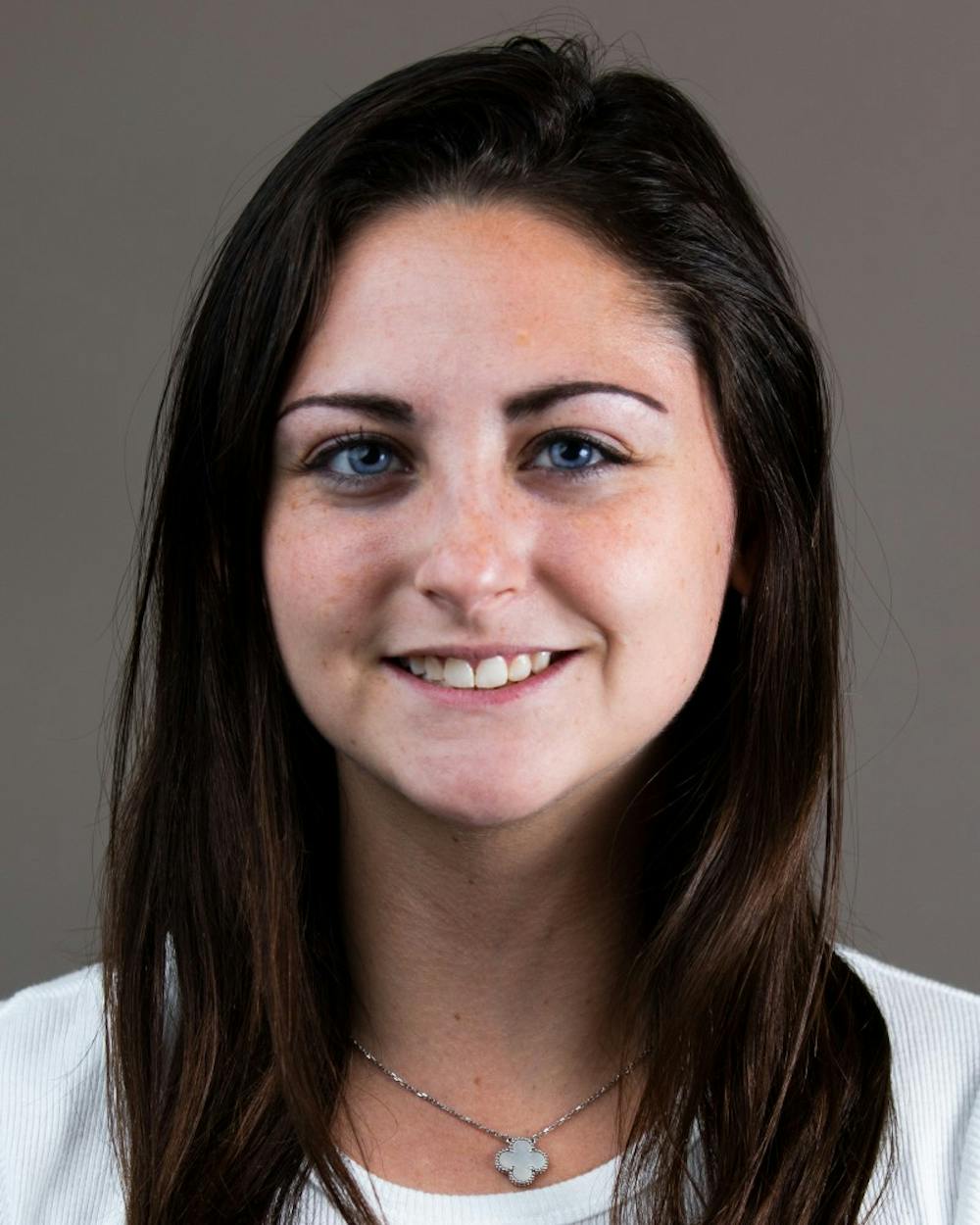
Penn has often been described as a “work hard, play hard” environment or the “social Ivy.” It is a school where extremist mentalities are applied to both school and partying. Within this campus culture, students are at high risk for alcohol and drug addiction. It is crucial that the options for students afflicted with alcohol abuse be presented to them in an accessible, clear, and destigmatized way.
Which they aren’t.
Currently, on the Alcohol and Other Drug Initiatives (AOD) website, when you click on services, it provides a list of options from "Alcoholic Anonymous/Narcotics Anonymous Meetings" to "Penn Drug & Alcohol Peer Advisors." But when you click on these options, no matter how helpful they actually would be, you see a list of AA locations or a paragraph with an option at the bottom to email for more questions.
Many students with addictions don’t know or deny they have addictions and need people to talk to but don’t know where to go. There are many stigmas associated with AA meetings, and many students will not just go to an AA meeting if they have a hunch they have an addiction. They will not excitedly scour the AOD website in awe of all their options. There should be people for them to talk to through AOD that do not require them sending a non-case-sensitive email that does not guarantee confidenitality.
While First Step, a harm-reduction program through AOD providing an intervention specialist, is a great option, the only way anyone would know about this is by digging through the AOD website.
The options for students with alcohol and drug addiction need to be clear and accessible. These options need to be advertised more to first-year students during NSO, posted about more on social media, represented more on campus, and explained better. Why would students choose First Step over AA? Who can tell them the difference? What if a student just has a hunch and is not sure if they are even addicted? Currently, at this point, the student is already too overwhelmed to even take the first step.
And where are Penn’s Counseling and Psychological Services (CAPS) in all this? Similar to what was said before, whenever there is an incident related to alcohol at Penn, initiatives related to drugs and alcohol will most likely be led by the administration (through AOD initiatives). But CAPS should do more.
CAPS’ website should advertise counseling services specifically for alcohol and drug addiction. Many students who are struggling just want to talk about what is going on with a professional and get a professional’s assessment before jumping to AA. Like the Sexual Trauma Treatment Outreach and Prevention, there should be a team of CAPS clinicians dedicated to providing support and help for students with addiction. If a team like this within CAPS already exists, it needs to be better advertised.
There needs to be a stronger link and more communication between AOD and CAPS, so professionals can clearly lay out step-by-step options for students with addiction. Students are at different stages of addiction and need their options to be presented in a clear and accessible way: no digging, no stigmatizing. A student should be able to easily find and understand their options, and what is best for them, in any scenario.
At a school with such extremes, it necessary that extreme precautions be taken when it comes to helping the students.

ILYSE REISMAN is a College sophomore from Millburn, N.J. studying English and Music. Her email address is ireisman@sas.upenn.edu.
The Daily Pennsylvanian is an independent, student-run newspaper. Please consider making a donation to support the coverage that shapes the University. Your generosity ensures a future of strong journalism at Penn.
Donate







